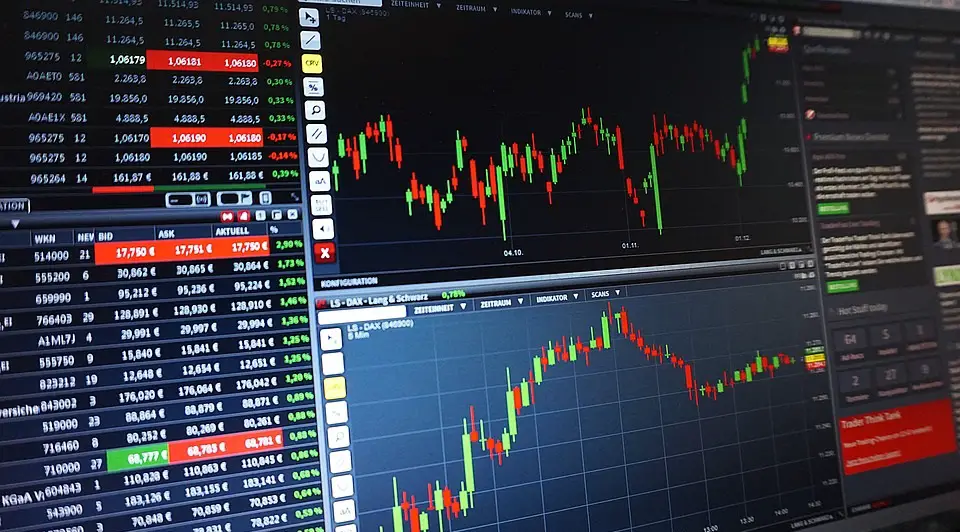A new Citigroup Inc. analysis says that stocks and other risk assets will endure a hefty hit when central banks withdraw up to $800 billion in stimulus they have deployed to prop up the global economy.
Global markets strategist at Citi, Matt King, wrote in a note to clients on Tuesday that the recent risk rally has been produced by the injection of more than $1 trillion in central bank liquidity. Citigroup noted that high frequency liquidity indicators are suggesting this liquidity has already begun to run its course and stall.
He noted that the Federal Reserve bolstered its own balance sheet in the wake of the banking crisis by $440 billion, apart from monetary support that has been deployed by other central banks.
King wrote that this liquidity support across the globe has “held down real yields, propped up equity multiples, and tightened credit spreads in the face of falling earnings expectations.”
Now, King says as China’s central bank begins to rein in its looser policy as the nation’s economy begins to take off, that global central bank policy is set to unwind, as central banks in the US and Europe will begin to resume quantitative tightening.
In an interview with Bloomberg’s Odd Lots podcast last month, he said that the recent market exuberance has been fueled by “stealth” quantitative easing from global central banks.
In his note he said, “We now expect almost all of them to stall or go into outright reverse. We think this could subtract $600 billion — 800 billion in global liquidity in coming weeks, undermining risk in the process. With peak liquidity past, we would not be at all surprised if markets were now to experience a sudden pressure loss.”
King is making his pronouncements after US equities rose 8.2% this year, propelled by a tech stock surge which drove the NYSE FANG+ 36% higher. Meanwhile Bitcoin, which is used as a measure of risk, has nearly doubled since the end of December.
Nick Ferres, chief investment officer for hedge fund Vantage Point Asset Management, is one of many others who have become skeptical of the risk rally seen so far this year. He said he feels equity market pricing is overly optimistic, noting, “Market breadth supporting the rally has been extremely poor. Equity investors appear to want all the benefits of rate cuts without enduring the pain that would warrant them.”

